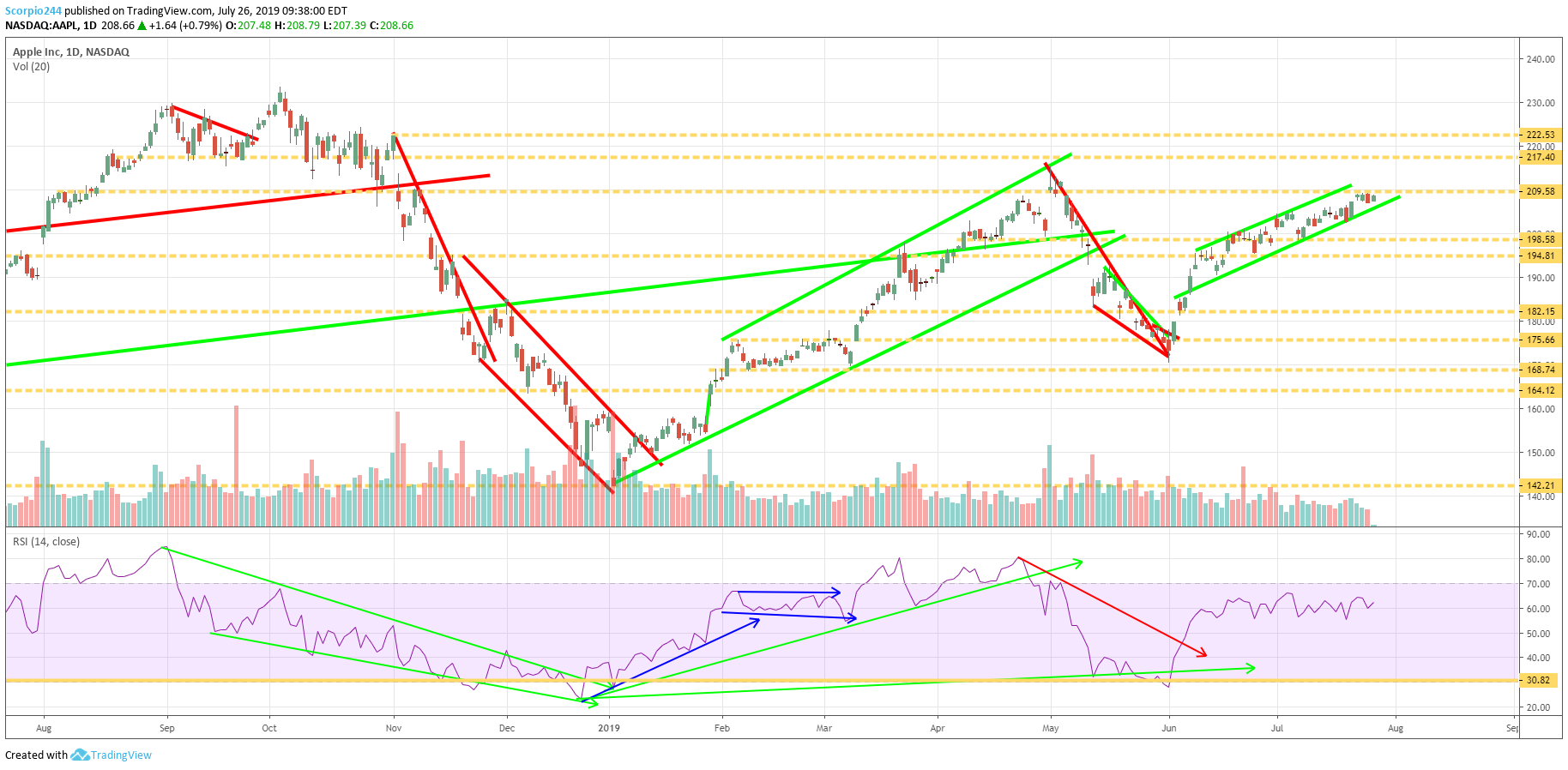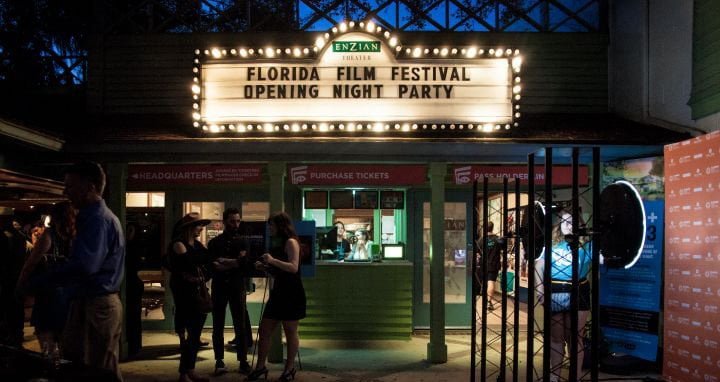TikTok Tourism Backlash: Amsterdam Residents File Lawsuit Over Snack Bar Overload

Table of Contents
The Rise of TikTok Tourism and its Impact on Amsterdam
The phenomenon of TikTok tourism has exploded in recent years. Short, engaging videos showcasing picturesque locations have a remarkable power to attract large numbers of visitors, often overwhelming destinations unprepared for such a sudden surge in popularity. Amsterdam, with its iconic canals, charming streets, and vibrant culture, has become a prime target. Specific locations, once quiet and peaceful, have been overrun. Think of the picturesque alleyways suddenly filled with selfie-sticks, or the charming bridges now congested with tourists.
- Increased foot traffic in residential areas: Quiet residential streets, previously enjoyed by local residents, are now experiencing a constant flow of tourists, disrupting the peace and quiet.
- Noise pollution from late-night crowds: The influx of tourists, particularly in the evenings, has resulted in increased noise pollution from boisterous crowds, impacting the sleep and wellbeing of residents.
- Strain on local infrastructure: The sheer number of visitors places a strain on Amsterdam's infrastructure, from waste management struggling to keep up with increased litter, to public transportation systems overcrowded and inefficient.
- Displacement of local businesses: High rents driven up by the demand for tourist-oriented businesses are forcing long-established local businesses to close, leading to a homogenization of the city's offerings.
- Deterioration of the city's unique character and charm: The constant influx of tourists risks diluting the city's unique character and charm, replacing authentic experiences with a manufactured version for social media consumption.
This unchecked growth of TikTok tourism in Amsterdam has created a situation where the quality of life for residents is significantly impacted, leading to the current legal challenge.
The Lawsuit: Residents' Concerns and Legal Arguments
A group of Amsterdam residents has filed a lawsuit against the city council, arguing that the surge in snack bars, directly linked to the TikTok tourism phenomenon, has created an unbearable situation. Their primary concerns center around the negative impact on their quality of life.
- Excessive noise complaints: The constant noise from snack bars, often operating late into the night, disrupts sleep and creates an unpleasant living environment.
- Littering and public hygiene issues: The increased number of tourists has led to significant littering problems, placing a burden on the city's cleaning services and impacting public hygiene.
- Loss of peace and quiet in residential areas: The constant presence of large crowds has deprived residents of the peace and quiet they expect in their neighborhoods.
- Impact on property values: The deterioration of the quality of life in certain areas is negatively impacting property values for residents.
- Lack of effective regulation from city authorities: Residents argue that the city council has failed to implement effective regulations to control the proliferation of snack bars and manage the influx of tourists.
The residents' legal arguments focus on the city council's responsibility to protect the well-being of its citizens and to regulate businesses to prevent undue disruption.
The City's Response and Potential Solutions
The Amsterdam city council acknowledges the concerns raised by residents regarding overtourism and the impact of TikTok tourism. While they haven't directly commented on the specifics of the lawsuit, they are exploring several solutions to mitigate the negative impacts:
- Implementing stricter regulations on new snack bar licenses: The city is considering stricter licensing requirements for new snack bars, potentially limiting their numbers and locations.
- Increased fines for noise violations and littering: Higher fines for noise violations and littering aim to deter irresponsible behavior from both businesses and tourists.
- Investing in better waste management and public cleaning services: Increased investment in waste management and public cleaning aims to address the cleanliness issues arising from increased tourist numbers.
- Promoting responsible tourism campaigns: The city is exploring campaigns to educate tourists on responsible behavior and encourage respect for local communities.
- Diversifying tourism offerings: Distributing tourists more evenly across the city through promoting less-visited areas could reduce the strain on popular spots.
Balancing the economic benefits of tourism with the quality of life for residents remains a significant challenge for Amsterdam.
The Broader Implications for Other Cities
The Amsterdam lawsuit sets a crucial precedent. Many other cities worldwide are experiencing similar challenges due to the power of social media to drive sudden surges in tourism. This case highlights the urgent need for proactive measures to manage the impact of viral tourism.
- Importance of sustainable tourism practices: Sustainable tourism practices prioritize the well-being of local communities and the environment.
- Collaboration between local governments, tourism boards, and residents: Effective solutions require collaboration between all stakeholders to balance the needs of tourism with the needs of residents.
- Development of effective strategies for managing tourist crowds: Implementing strategies for crowd management, such as timed entry systems or visitor quotas, can help to prevent overcrowding.
Conclusion
The lawsuit filed by Amsterdam residents shines a light on the significant challenges posed by the rapid growth of TikTok tourism. The case underscores the necessity for cities to proactively address the negative consequences of viral trends on local communities and the environment. The issues of noise pollution, overcrowding, and the deterioration of quality of life are not unique to Amsterdam; they serve as a warning to other cities worldwide grappling with the impact of social media-driven tourism. Understanding the impact of TikTok tourism is crucial for creating sustainable and responsible tourism practices. Let's work together to find effective solutions to balance the benefits of tourism with the needs of local residents. Learn more about sustainable tourism and how you can help mitigate the negative effects of viral tourism in your own city. Join the conversation about responsible #TikTokTourism and help protect our cities.

Featured Posts
-
 Escape To The Country Building A Life In The Countryside
May 24, 2025
Escape To The Country Building A Life In The Countryside
May 24, 2025 -
 Live Data Kapitaalmarktrentes Euro Dollar Wisselkoers And Marktvoorspellingen
May 24, 2025
Live Data Kapitaalmarktrentes Euro Dollar Wisselkoers And Marktvoorspellingen
May 24, 2025 -
 Apple Stock Under Pressure Ahead Of Crucial Q2 Results
May 24, 2025
Apple Stock Under Pressure Ahead Of Crucial Q2 Results
May 24, 2025 -
 Porsche 911 80 Millio Forintos Extrafelszereltseg
May 24, 2025
Porsche 911 80 Millio Forintos Extrafelszereltseg
May 24, 2025 -
 Florida Film Festival Past And Present Celebrity Guests Including Mia Farrow And Christina Ricci
May 24, 2025
Florida Film Festival Past And Present Celebrity Guests Including Mia Farrow And Christina Ricci
May 24, 2025
Latest Posts
-
 Goroskopy I Predskazaniya Chto Ozhidat V Buduschem
May 24, 2025
Goroskopy I Predskazaniya Chto Ozhidat V Buduschem
May 24, 2025 -
 Luchshie Goroskopy I Predskazaniya Na Mesyats
May 24, 2025
Luchshie Goroskopy I Predskazaniya Na Mesyats
May 24, 2025 -
 Tochnye Goroskopy I Predskazaniya Na Nedelyu
May 24, 2025
Tochnye Goroskopy I Predskazaniya Na Nedelyu
May 24, 2025 -
 Dylan Dreyers Physical Transformation Inspiring Nbc Executives
May 24, 2025
Dylan Dreyers Physical Transformation Inspiring Nbc Executives
May 24, 2025 -
 Ezhednevnye Goroskopy I Predskazaniya
May 24, 2025
Ezhednevnye Goroskopy I Predskazaniya
May 24, 2025
